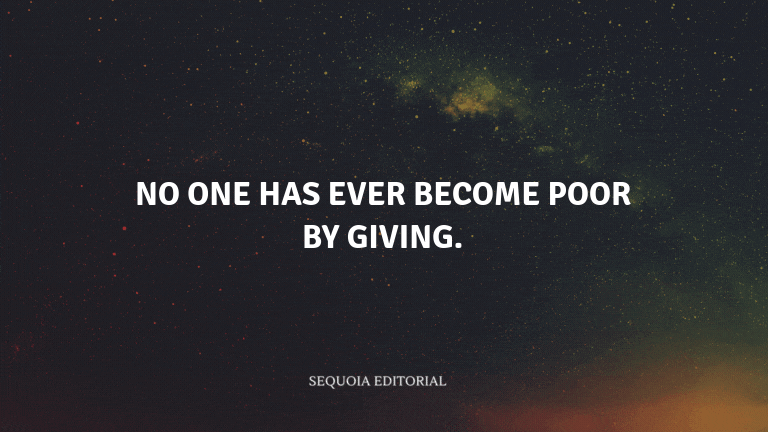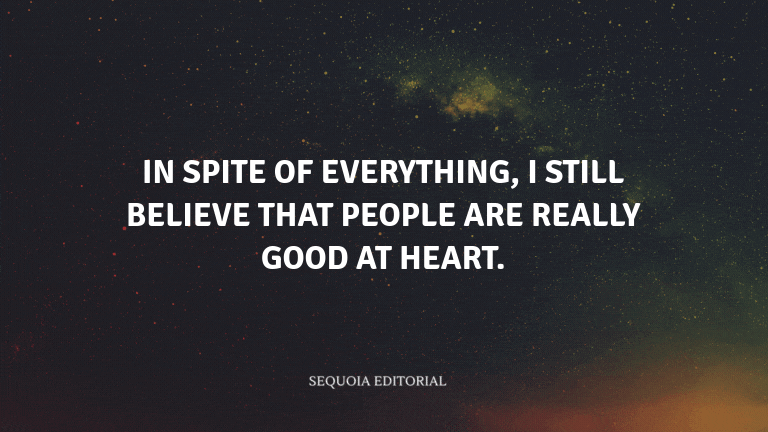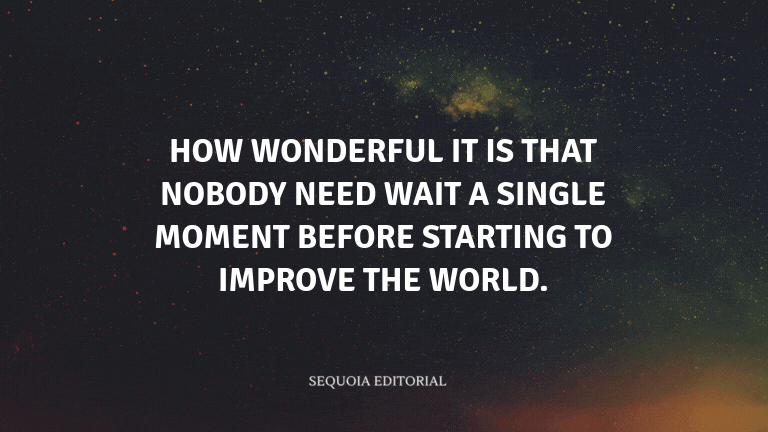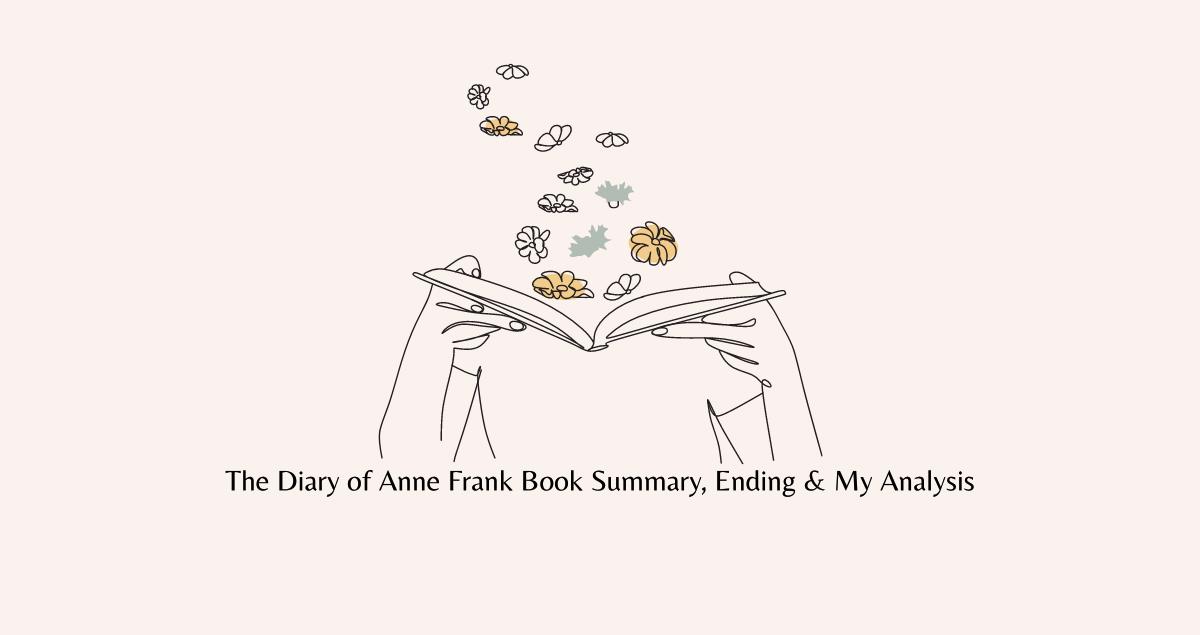The Diary of Anne Frank is about the real-life experiences of a young Jewish girl and her family during the holocaust. Anne writes about her life in hiding, her hopes, fears, and the difficulties she faces. This poignant story provides a first-hand account of the impact of war and prejudice on innocent lives.
Table of Content
The Diary Of Anne Frank Book Summary
Anne Frank, a lively 13-year-old girl, writes in her diary about the Franks' life in hiding. They are sheltered in a secret annex above Otto Frank's office in Amsterdam, alongside the Van Pels family and Fritz Pfeffer.
Isolation and tension grow as the families endure close quarters and the constant fear of discovery. Anne finds solace in writing and confides her thoughts to her diary, which she affectionately calls 'Kitty.'
Over time, Anne's relationships with the others in hiding become more complex. She shares a particularly close, if tumultuous, bond with Peter Van Pels.
The group faces food shortages, boredom, and the ever-present dread of Nazi raids. Anne's observations on the human condition and her aspirations for a better world underscore their harrowing reality.
As the war rages on outside, Anne's own emotional turmoil reflects the effects of the conflict on her young psyche.
Their sanctuary abruptly ends when they are discovered by the Gestapo and taken to concentration camps. Anne's diary abruptly concludes, but readers know that she and most of the others will not survive the war.
The subsequent publication of Anne's diary becomes a testament to the human spirit and a reminder of the horrors of the Holocaust.
It impacts countless readers with its message of hope and the belief in the goodness of people, even in the face of unspeakable evil.
Anne's articulate and introspective writing provides a unique insight into the life of a young girl grappling with the complexities of growing up and the horrors of war.
Through her words, we see the resilience of the human spirit and the enduring power of hope.
Despite the tragic end to her own story, Anne's legacy lives on as a symbol of the millions who perished during the Holocaust.
Her optimism and belief in the intrinsic goodness of humanity continue to inspire and challenge the world today.
The Diary Of Anne Frank Quotes
- No one has ever become poor by giving.

- In spite of everything, I still believe that people are really good at heart.

- How wonderful it is that nobody need wait a single moment before starting to improve the world.

The Diary Of Anne Frank Ending Explained
At the end of The Diary of Anne Frank, the fate of the occupants of the annex is revealed. Anne and her sister Margot are taken to the Bergen-Belsen concentration camp, where they both die of typhus just weeks before the camp is liberated.
Their mother, Edith, also succumbs to the harsh conditions in Auschwitz. Only Anne's father, Otto, survives the war. He is the one who makes Anne's diary public, fulfilling her dream of becoming a writer.
The aftermath of the diary's publication continues to impact the world, keeping Anne's spirit alive and reminding us of the human cost of intolerance and hate.
Characters in book The Diary Of Anne Frank
- Anne Frank: The protagonist, a lively and optimistic young girl who writes the diary and dreams of becoming a writer.
- Edith Frank: Anne's mother, a gentle and caring woman who supports her family during their time in hiding.
- Otto Frank: Anne's father, the head of the family, who leads them into hiding and later publishes Anne's diary.
- Margot Frank: Anne's older sister, who is also a diary writer and shares a room with Anne.
- Hermann van Pels: A business associate of Otto who, with his wife and son, joins the Franks in hiding.
- Auguste van Pels: Hermann's wife, who is known as Mrs. van Daan in Anne's diary.
- Peter van Pels: Son of the van Pels, around Anne's age, with whom Anne shares a complex relationship.
- Fritz Pfeffer: A dentist and the final member to join the group in hiding, known as Mr. Dussel to Anne.
Key Lessons
- Hope Endures: No matter how dire the situation, holding onto hope can sustain and guide you through troubling times.
- Strength in Expression: The act of expressing oneself, whether through writing, art, or conversation, can be an essential release and a way to find resilience.
- The Human Spirit Prevails: Despite overwhelming adversity, the human spirit can persevere and continue to seek and find goodness.
- Empathy is Vital: The ability to understand and share the feelings of others is crucial, especially in times of suffering and hardship.
- Words Have Power: The written word has the potential to educate, inspire, and influence others, even long after the writer is gone.
My Personal Opinion
Is The Diary of Anne Frank worth reading? Absolutely! I found it to be a deeply moving and powerful account of one young girl's experience during a dark chapter in human history.
I was touched by Anne's remarkable ability to find light within the darkness. Her reflections on life and her unwavering hope for a better future are both poignant and inspiring. However, I struggled with the overwhelming sense of loss and tragedy that permeates the book, a reminder of the countless lives destroyed during the Holocaust.
I believe that this diary is a must-read for everyone, especially young people. It offers a unique perspective on the impact of war and discrimination, and serves as a call to action against injustice. The Diary of Anne Frank is not just a historical document; it is a testament to the enduring power of the human spirit.

